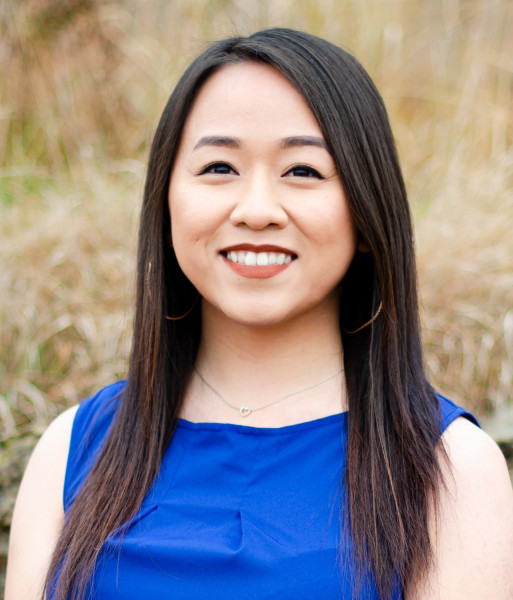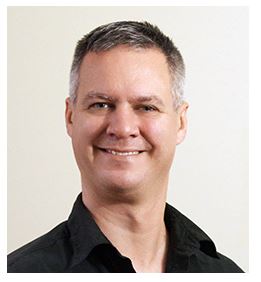UW–Madison research reveals benefit of ethnic studies for Hmong American students
Mentored study finds programs can empower students, build 'critical consciousness'
March 11, 2021 | By Janet L. Kelly, WCER Communications

Student researchers who studied the impact of ethnic studies on Hmong American students at UW-Madison, with WCER mentors.
MADISON, Wis. — A new report reveals second-year research findings from a unique study of current and former UW–Madison students of HMoob (Hmong)* descent, a population of students rarely researched in higher education. The qualitative study, based on the participation of nearly 100 members of the university’s HMoob American student community, focuses on how their ethnic studies courses and programs impact their college experience.
Mentored by research scientists in the School of Education’s Wisconsin Center for Education Research (WCER), an eight-member team of current and recently graduated HMoob American UW–Madison students conducted extensive interviews with the participants. Their analysis of the interview data, coupled with a detailed review of relevant published research, finds that ethnic studies courses benefit HMoob American and other marginalized college students.
“The research provides one example of how ethnic studies can transform students’ lives in critical ways that other fields of study cannot ” says Bailey Smolarek, an associate researcher at WCER’s Center for Research on College-to-Work Transitions (CCWT) who served as one of two mentors to the student researchers. “Ethnic studies, such as Critical HMoob Studies, can build students’ critical consciousness by deepening their analyses of systems of oppression and empowering them to challenge such systems while also providing a much-needed space to recognize and utilize their community cultural wealth.”

Lena Lee is a UW–Madison 2020 graduate in psychology and Asian American studies.
Lena Lee, a UW–Madison 2020 graduate in psychology and Asian American studies who continues as a member of the student research team, found this to be true in her own college experience. “Ethnic studies taught me how to unlearn and critically think about how history, specifically American history, was taught to all of us,” she states. “People in power get to colonize, write and teach history in ways that can benefit their initiative. Ethnic studies help marginalized communities reclaim history by teaching our narratives from our perspective, while challenging others to think critically beyond their reality.”
Lee, who has been a member of the research team since its formation in 2018, attributes the knowledge she gained about her own history to her realization of how important and necessary it was for her to contribute to class discussions. “Ethnic studies empowered me to speak up against injustice and contribute to dialogues on diversity and inclusion across campus and beyond.”

Matthew Wolfgram
Matthew Wolfgram, assistant director of CCWT and also a mentor to the student researchers, states, “The evidence from these interviews illustrates how ethnic studies courses benefit the education and well-being of HMoob American students.” He notes that the studies cultivate an understanding of power relations in American society along with an appreciation of the history and values of minoritized students’ own communities.
The CCWT staff first began mentoring the students as researchers with the goals of learning more about the academic and social experiences of HMoob American undergraduate students. “We focused on helping them learn to conduct community-based participatory action research, which is designed for the study subjects and researchers to interact as equal partners with shared goals of improving education and making social change,” states Smolarek. “Now the students have successfully conducted three years of research.”
Smolarek notes that CCWT decided to pursue research of HMoob Americans because while they make up the largest percentage of Asian American residents in Wisconsin, limited research has been focused on them as a student population. The historically displaced HMoob people, who fought and cooperated with the U.S. during the Vietnam War, came as refugees to Wisconsin between 1975 and 2006. Today Wisconsin ranks third among U.S. states for its population of HMoob American residents, surpassed only by California and Minnesota.

Bailey Smolarek
While CCWT has shared its report on ethnic studies with administrators at UW–Madison and the University of Wisconsin System, Smolarek believes the study’s concluding recommendations can be useful for any educational institution.
* While both spellings are pronounced the same, the research team uses the spelling “HMoob,” in place of “Hmong,” throughout its work to acknowledge and include the many dialects of the language and avoid its Americanized spelling. The spelling, based on the Hmoob Roman Popular Alphabet, includes the use of a capitals H and M (HMoob) and is intended to include the ethnicities that spell their names with an “H” or “M,” such as Hmong Der or Mong Leng.
The Center for Research on College-Workforce Transitions conducts and supports research, critical policy analysis, and public dialogue on student experiences with the transition from college to the workforce to inform policies, programs and practices that promote academic and career success for all learners.
The Wisconsin Center for Education Research conducts studies designed to improve educational outcomes for diverse student populations, impact education practice positively and foster collaborations among academic disciplines and practitioners. It is one of the first and most productive education research centers in the world, helping scholars and practitioners develop, submit, conduct and share grant-funded education research for more than 50 years.


